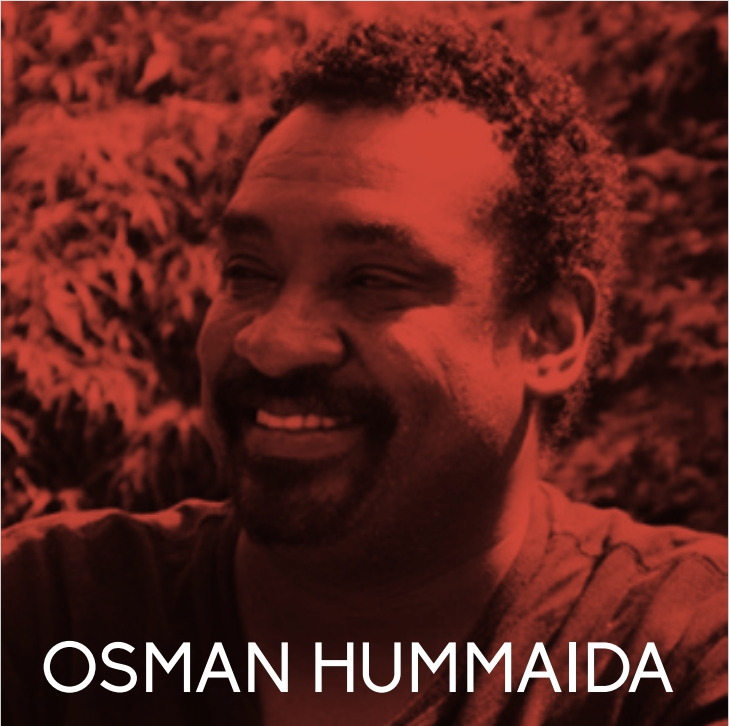Originally appearing as a guest blog for Front Line Defenders
On 6th August, President Obama will host the inaugural ‘United States-Africa Leaders Summit’ in Washington DC. Some of the heads of state expected in the capital next week have presided over commendable economic, security, and public health developments in their countries. An equal, perhaps larger, number, have acquired or entrenched power by unconscionable means. Many have brutally repressed the rights of their own citizens, and systematically targeted independent civil society voices that seek to hold them to account. It is these voices that are vital to, yet are excluded from, the substantive discussions taking place with President Obama about America’s role in Africa’s future.
During President Obama’s term in office, the military, financial, and moral influence of America in Africa has grown. In parallel, new frontiers have opened in the American-backed ‘war on terror’ in Somalia, Kenya and elsewhere across the continent.
For close to a decade, my own organization has worked to support civil society activists working in the defense of human rights in the east and horn of Africa. Throughout that time, from Uganda to Somalia, I have watched the space for civil society shrink, and the risks for human rights activists who ‘speak truth to power’ in Africa grow ever more acute.
In Ethiopia, one of America’s most militarily powerful allies in Africa, civil society has been systematically dismantled over the last decade. Since 2009, Ethiopian organizations working on human rights have been prohibited from receiving more than ten percent of their funding from foreign sources.
In one of the world’s twenty poorest countries – to which the US is the largest single donor, channeling hundreds of millions of dollars annually – the effect on civil society has been chilling.
In tandem, the right to freedom of expression has been violently suppressed by Ethiopia’s ruling party.
In April, six bloggers from an online collective known as ‘Zone 9’ and three journalists were arrested and jailed. In May, Secretary Kerry spoke strongly against Ethiopia’s use of anti-terrorism laws as a means to curb freedom of expression. Seemingly, his comments fell on deaf ears – earlier this month, the bloggers were charged under the country’s draconian (and invariably willfully misapplied) anti-terrorism laws.
In Uganda, where I live and where my organization is based, NGOs have been undermined by new regressive laws limiting the rights to freedom of association and assembly. Organizations working on sexual orientation and gender identity issues have effectively been criminalized.
In Rwanda, often hailed as a beacon of economic development and post-conflict recovery, human rights activists face intolerable dangers. In the last twelve months alone, one of Rwanda’s last remaining independent human rights organizations was unlawfully taken over by the government. A prominent anti-corruption campaigner was brutally murdered in suspicious circumstances.
These are stories that are not always heard.
Across the continent, human rights defenders have come under mounting attack from African governments and their leaders.
Not all of the leaders at next week’s summit have acquired power democratically; not all can credibly claim to represent their people. There are often very few domestic opportunities in Africa for civil society to meaningfully engage with their political leaders. The exclusion of civil society from the substantive summit next week therefore represents at best a wasted opportunity, and at worst a deeply flawed approach by the White House that does not serve the interests of Africa’s billions of citizens.
America has legitimate security, business, and economic concerns in Africa that rightly form a large focus at the forthcoming summit. However, the exclusion of civil society from the substantive discussions on 6th August means that grave human rights concerns will not be discussed or addressed. Human rights, democracy, free and fair elections, and the rights to freedoms of expression, association, and assembly are not western or American constructs. They are universal human rights, belonging to Africans just as much as they belong to Americans.
Without African civil society voices at the highest table, African leaders will not be held to account, and these issues run the risk of being swept under the carpet.
Blog by Hassan Shire

